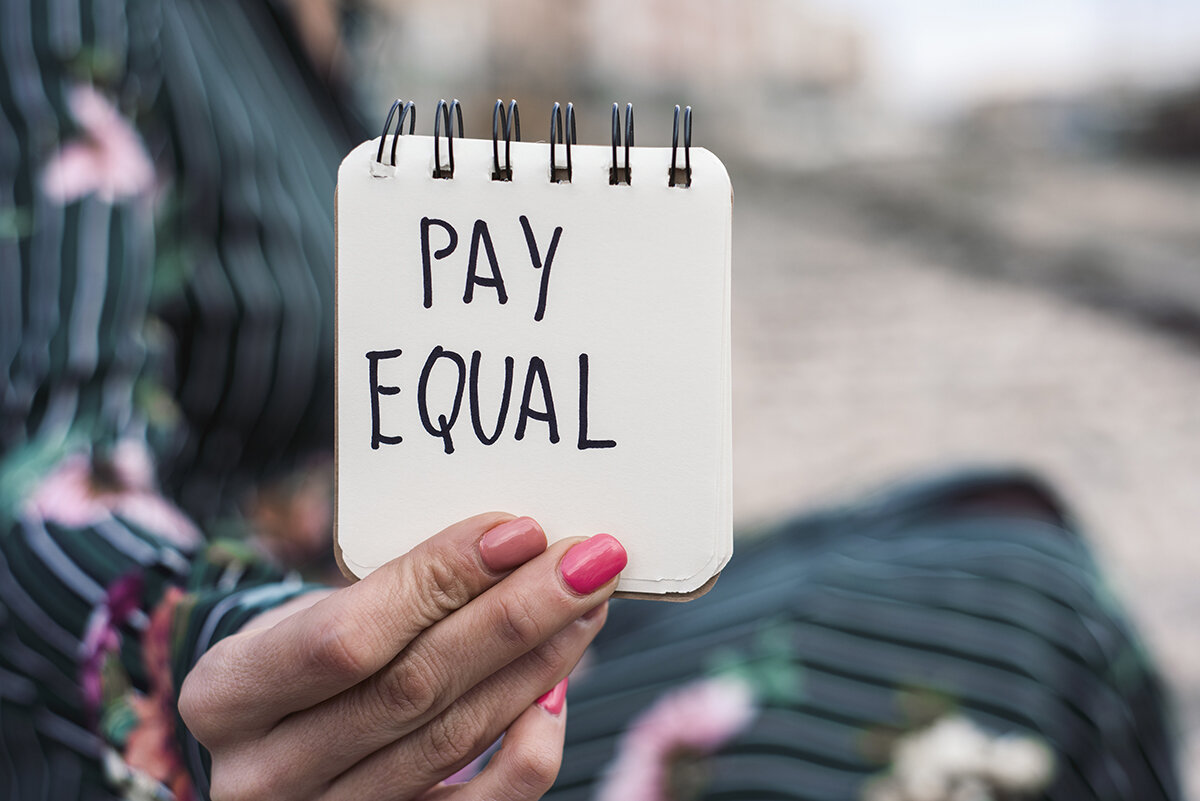Pay The Women: Washington Strengthens The Equal Pay Opportunities Act
Did you know that women in Washington were paid on average 78 cents per dollar for every dollar their male counterparts made in 2017?
According to a 2018 study by the American Association of University Women, that rate ranks our state as 35th when it comes to gender pay equity. Who is at the top of the list? California and Washington D.C. at 89 cents per dollar. Louisiana came in last at 69 cents. (The national average for women is 80 cents per dollar). As a self-confessed overprotective father, I don’t want my daughter to earn 89 cents on the dollar when she deserves to get the full buck. If she’s qualified, she deserves to be paid the same as her male peers. Can I hear an “amen” from the rest of the overprotective dads?
Recognizing that these wage disparities have existed for too long, Washington legislators acted to address this inequity by strengthening the Washington Equal Pay and Opportunities Act (WEPOA). WEPOA, originally enacted in 2018, was amended to further address business practices that contribute to gender pay gaps. The Legislature found “income disparities limit the ability of women to provide for their families, leading to higher rates of poverty among women and children.”
In this age of changing cultural and workplace norms, women have been consistently shortchanged. Since 2001, the pay gap has been narrowed by less than a nickel! That’s especially true in the private sector, where, unlike government jobs, compensation isn’t made public. Some employees are discouraged from, or even punished for, disclosing it to their colleagues, the 2018 report said. That should come as no surprise since most employers consider pay discussions among employees to be taboo. This lack of transparency has contributed to women getting paid significantly less than their male peers. The amendments to the WEPOA, effective July 28, should be a catalyst to change a problem that has existed for far too long.
Here’s what you need to know:
Employers with 15 or more employees:
When an employee is offered an internal transfer, new position or promotion, they have the right to request the wage scale or salary range. Where there is no wage scale, the employer is required to disclose “minimum wage or salary expectation for the position.”
In the case of job applicants, an employer is only required to provide that wage or salary range after the position has been offered.
Employers of ANY size:
Unless disclosed by an applicant, an employer cannot ask about salary history or attempt to get that information from a past employer.
Are prohibited from retaliating or disciplining an employee for discussing or asking about wage information.
Are prohibited from retaliating against an employee that encourages or assists someone to assert their rights under the WEPOA.
Recommendations to employers:
Immediately change your job applications to remove any questions that relate to salary history.
While not required by law, demonstrate your commitment to a workplace free of discriminatory pay practices by notifying job applicants in their conditional offer letter that they have the right to request the salary range for the position.
Amend handbook policies to assure they are consistent with the amendments to the WEPOA.
Takeaway:
Talented and qualified people are hard to find. In today’s tight talent market, employees are choosing to align themselves with organizations that have values that match their own. One of those values is the right to fair pay. Those organizations that understand that their human capital is their most valuable asset and demonstrate a commitment to continually examine their pay practices will set themselves apart from their competitors.
Feel free to call me, Rod Stephens, at (253) 863-2525, if you have questions about compliance or you think you are not being paid fairly.

